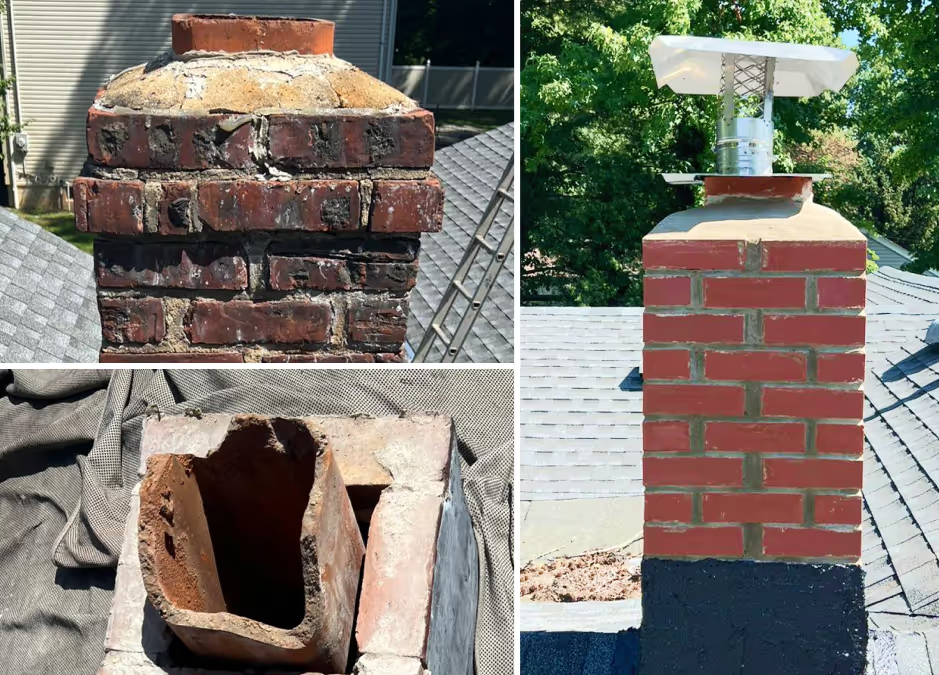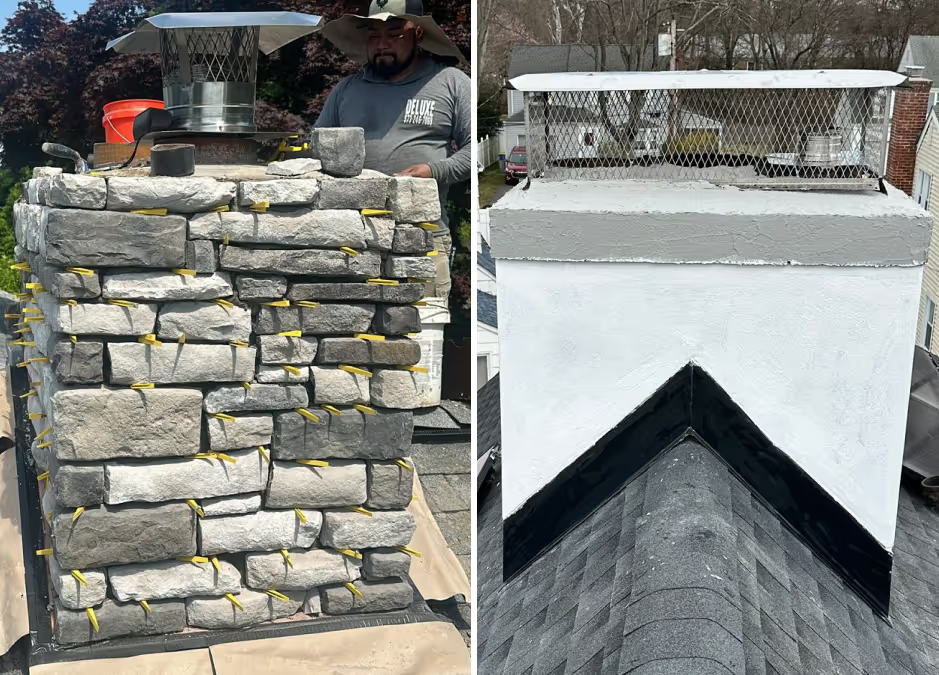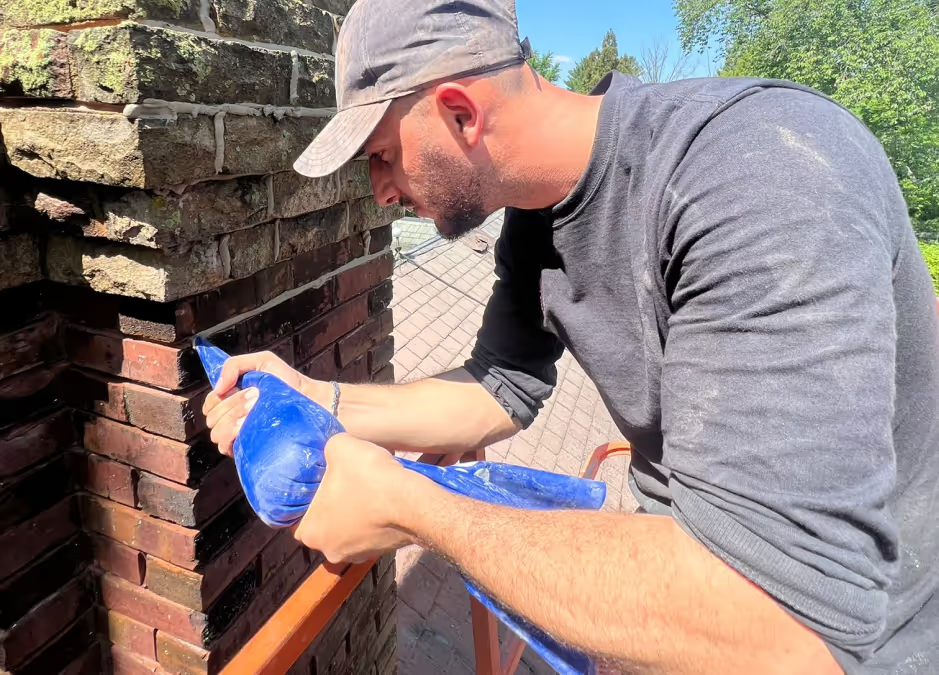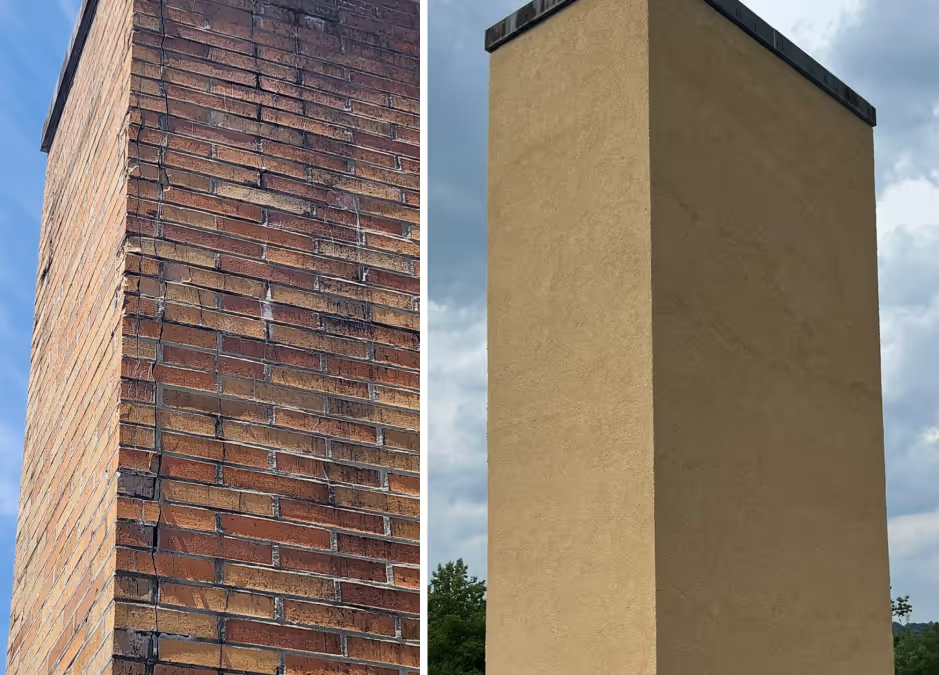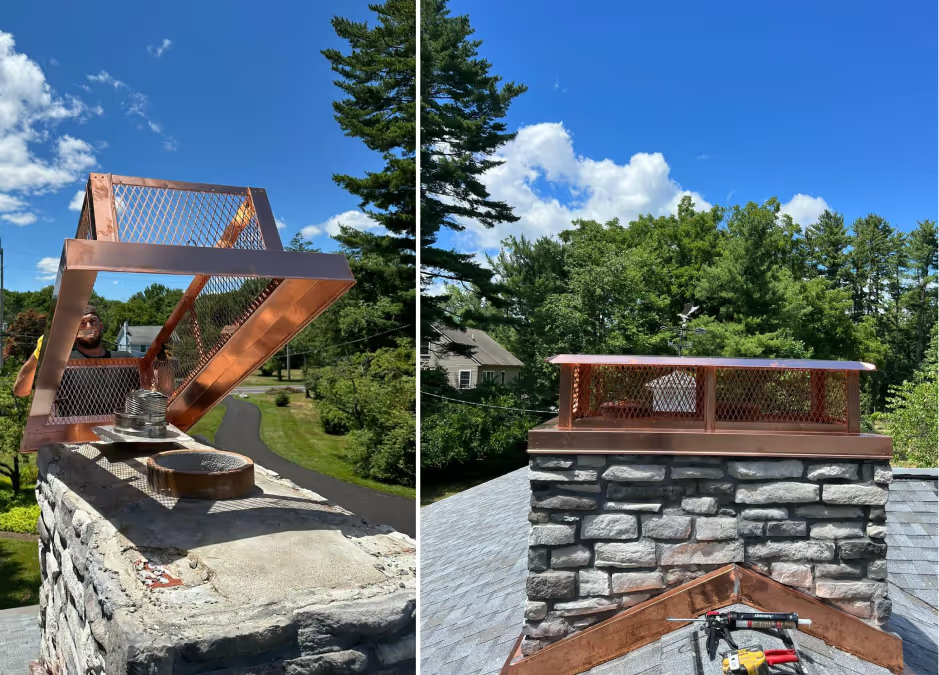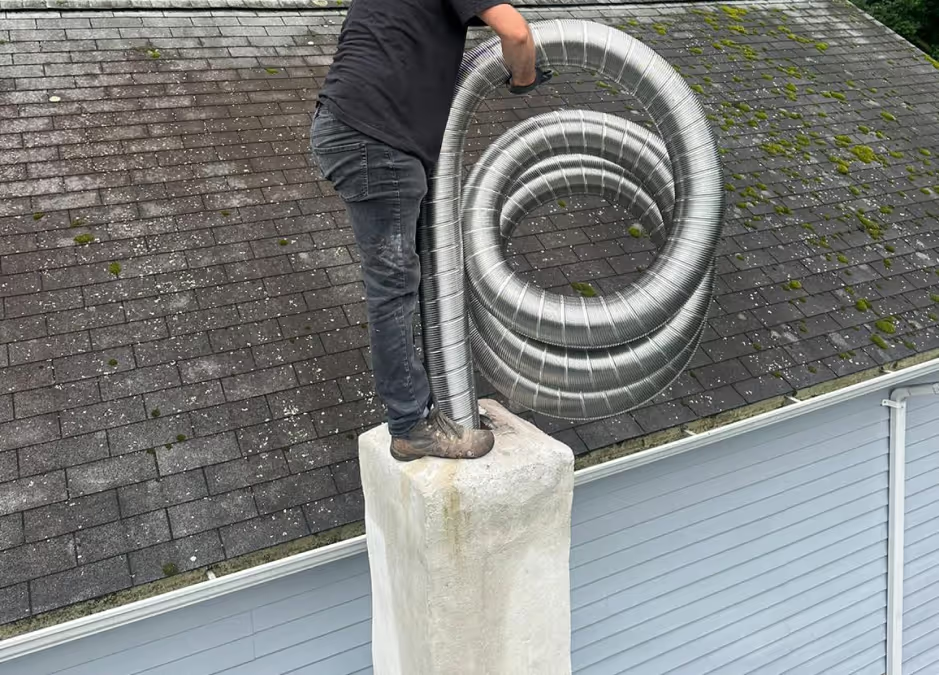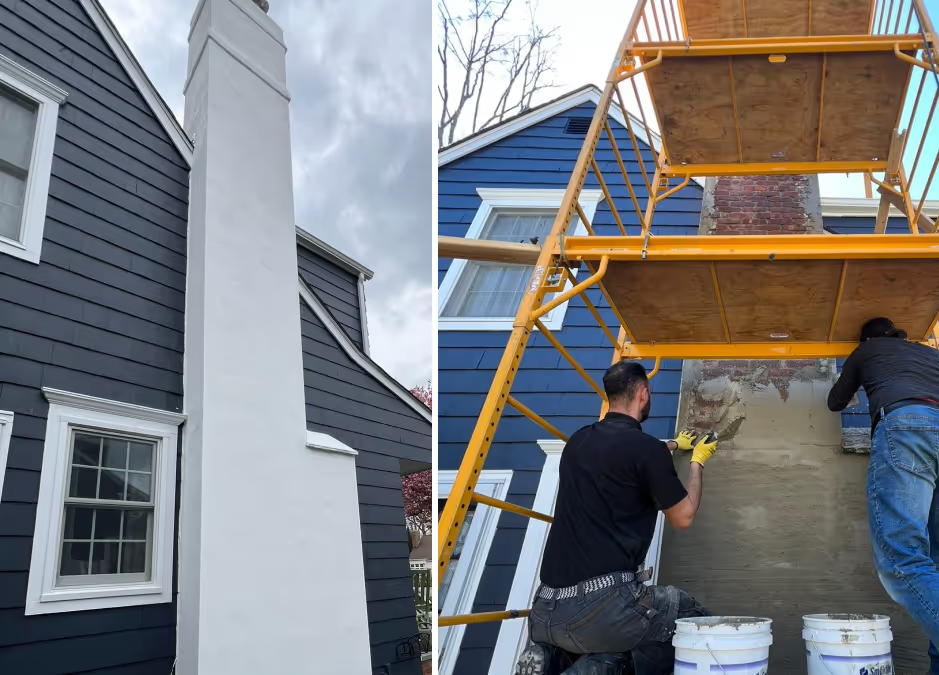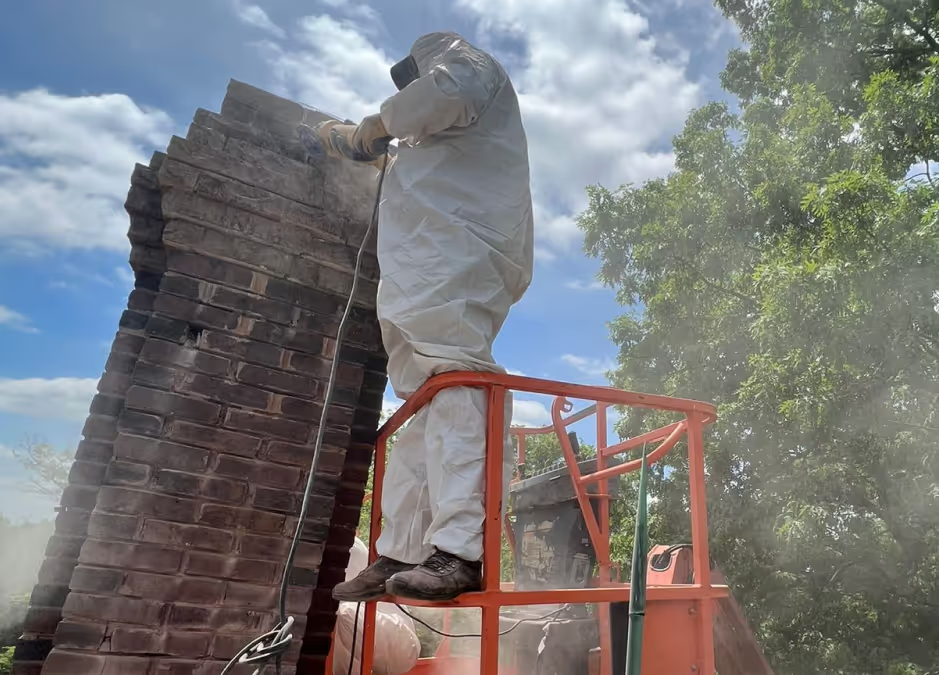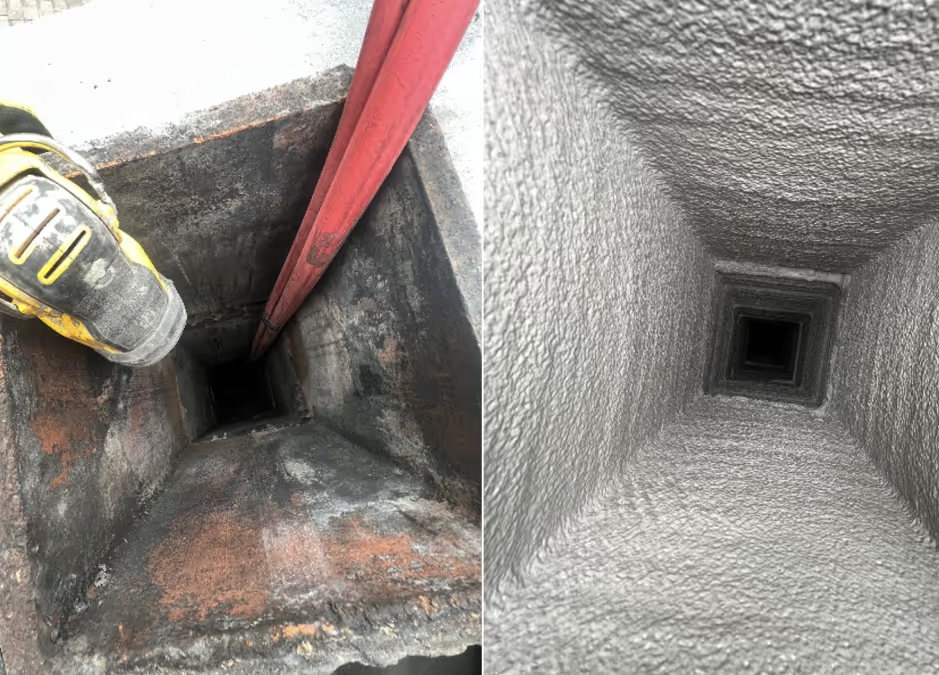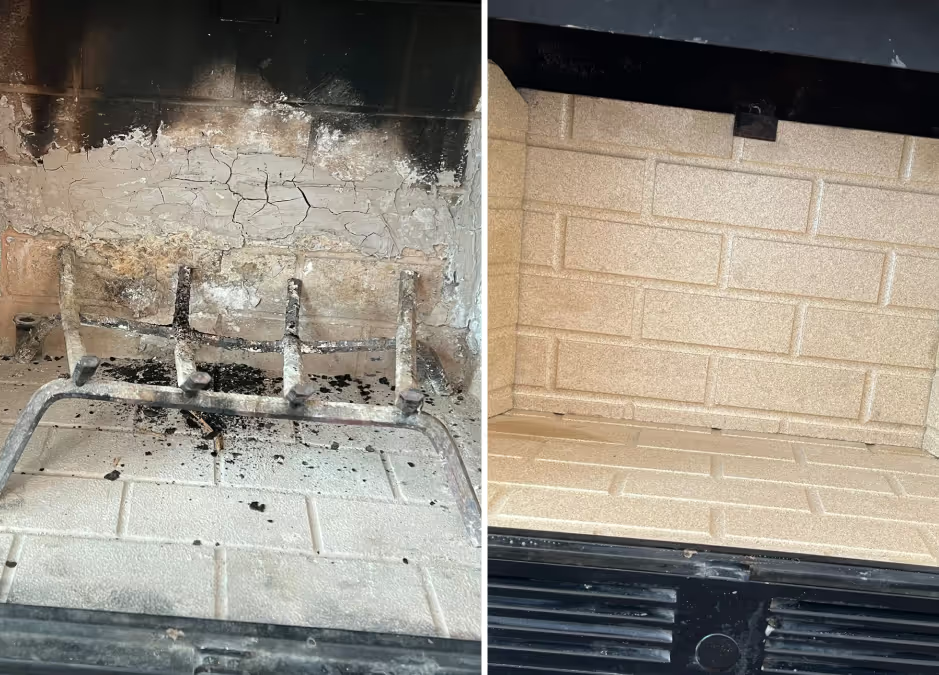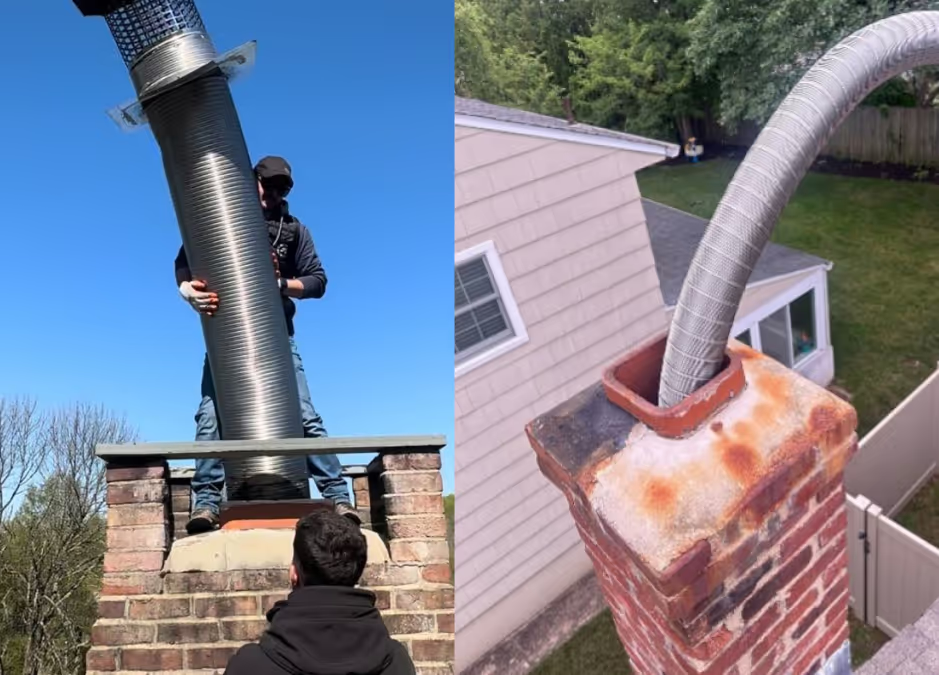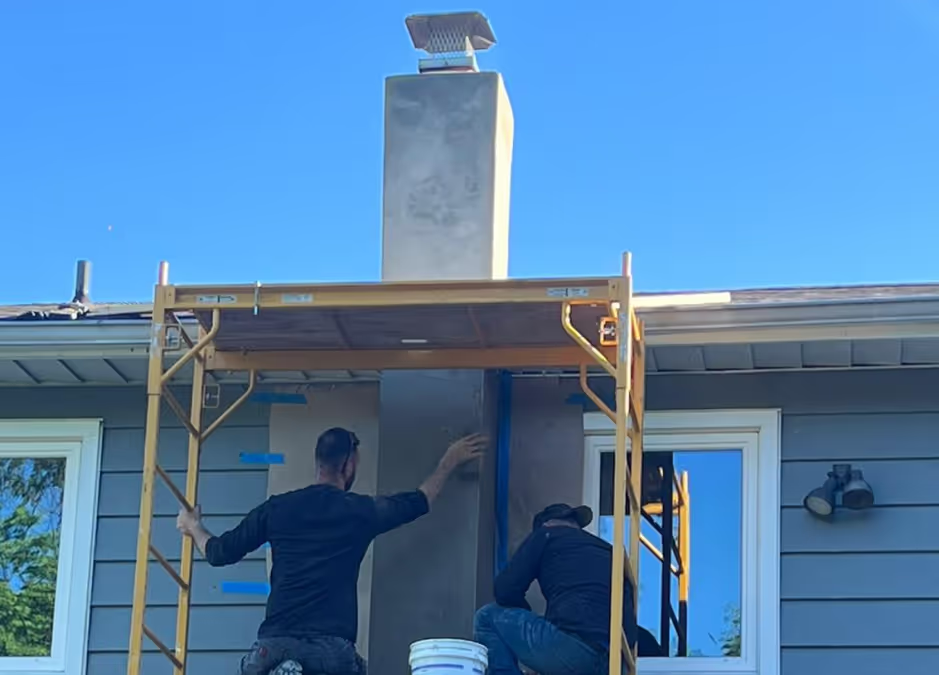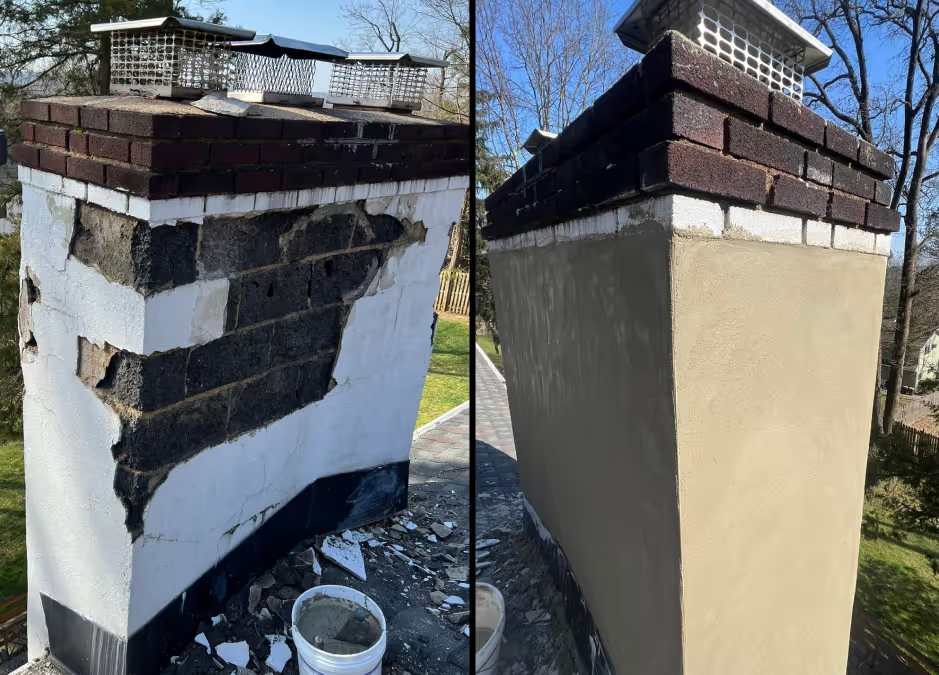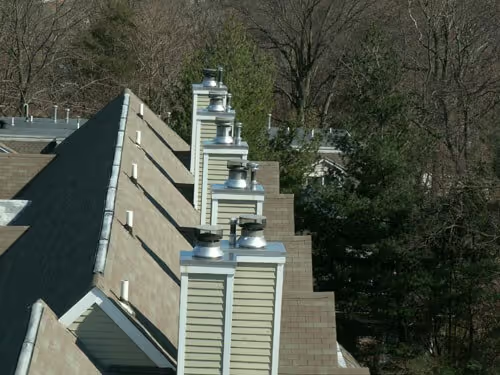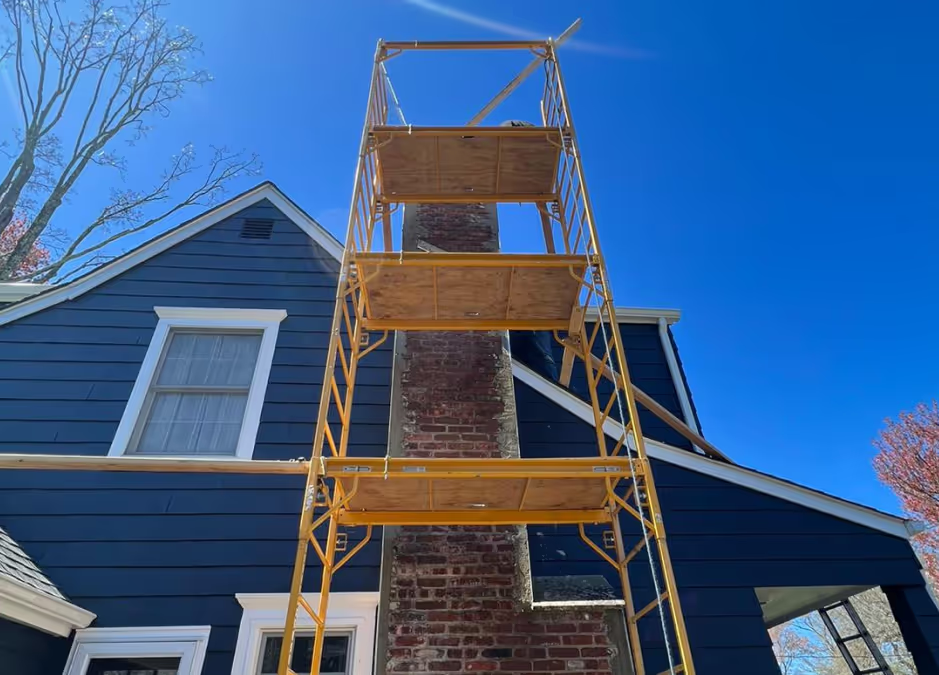Looking for masonry chimney repair in Princeton, NJ? Our experts restore brickwork, mortar, and structure to keep your chimney safe and long-lasting.
Excellent Reviews
Based on ~500 reviews
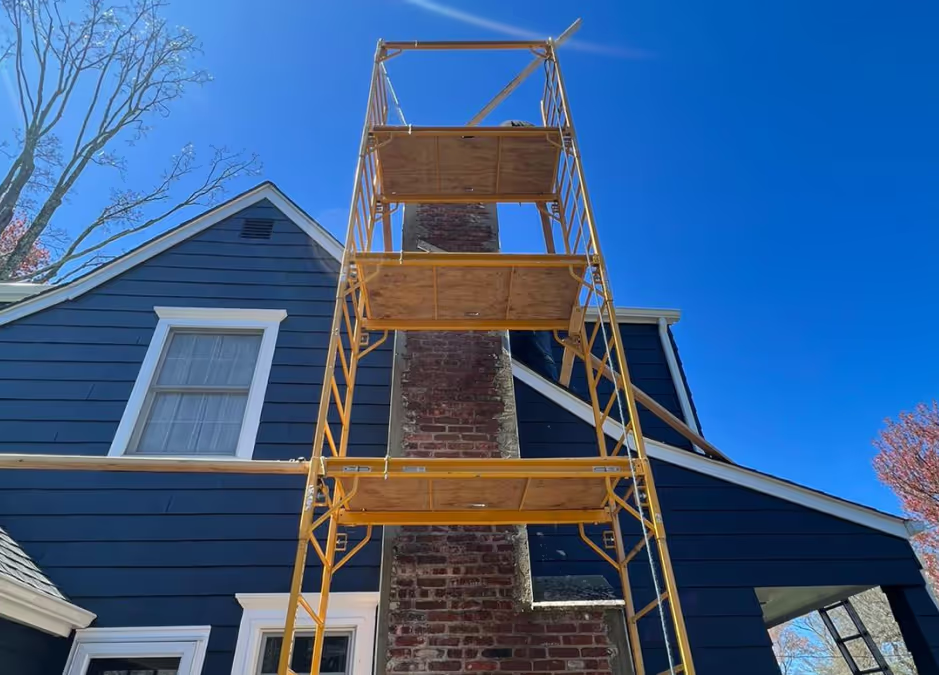
Over time, the bricks and mortar that make up your chimney can crack, shift, or wear down. When left unchecked, even small masonry problems can turn into major structural risks, including leaning chimneys, water leaks, and fire hazards.
If you’re searching for masonry chimney repair in Princeton, Mercer County, NJ, our skilled masons provide expert restoration services. We specialize in repairing cracks, repointing mortar joints, and rebuilding damaged sections to keep your chimney strong and attractive.
✔ Licensed & Insured Masons – Trusted in Princeton and throughout Bergen County
✔ Complete Brick & Mortar Solutions – From repointing to full rebuilds
✔ Local Knowledge – Repairs tailored to New Jersey’s climate and conditions
✔ Transparent Pricing – Detailed estimates with no hidden fees
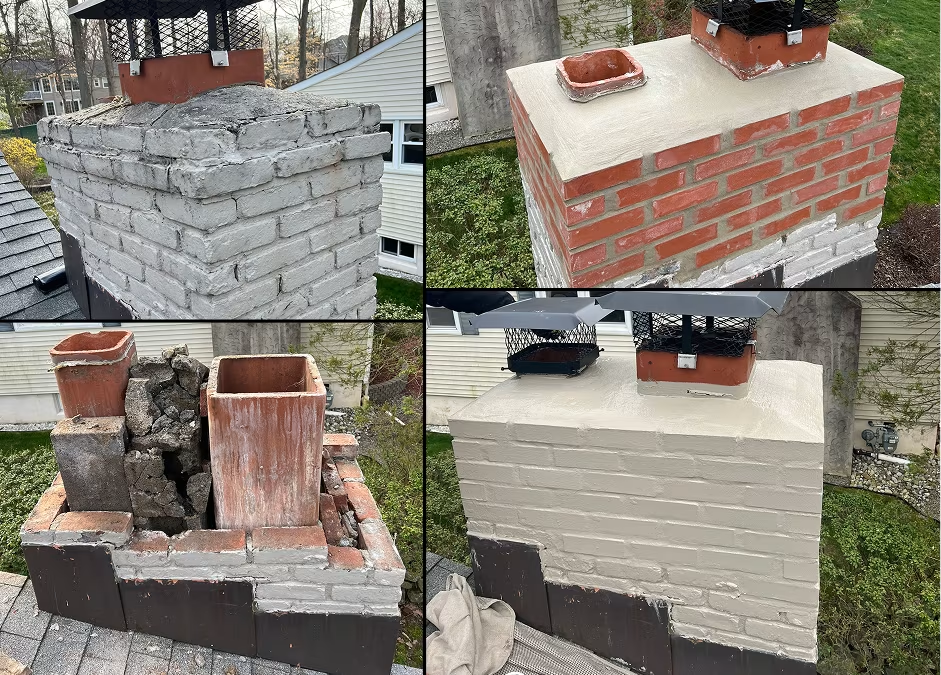
We handle all types of masonry issues, from cosmetic brickwork touch-ups to major structural repairs. Every project begins with a detailed inspection so we can provide the right solution for your chimney’s condition.
Our masonry repair services include:
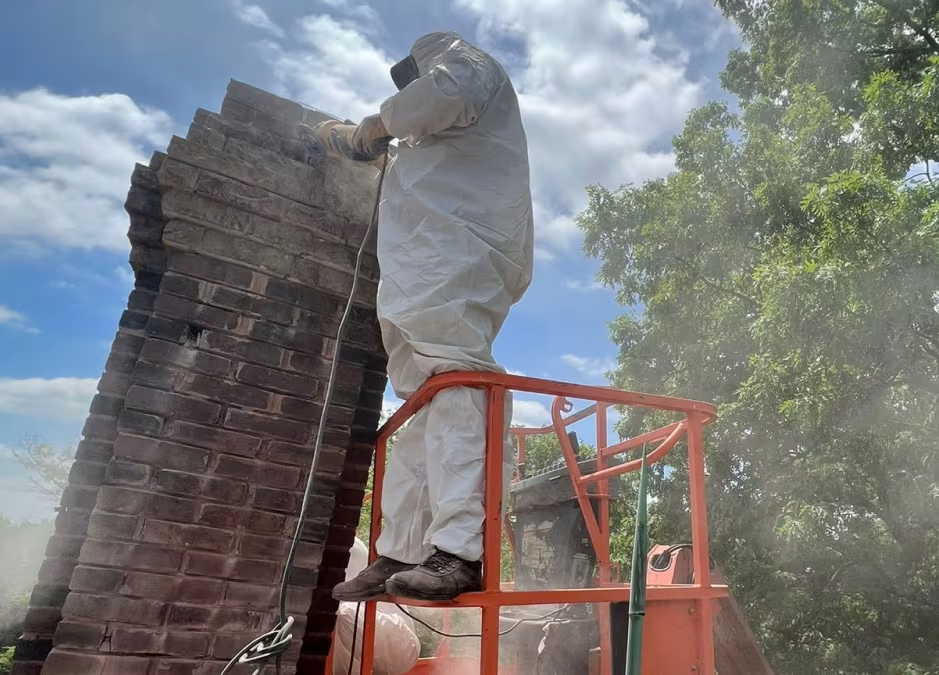
Homeowners in Princeton and across Bergen County choose us for dependable masonry work that combines durability with craftsmanship. Our team uses high-quality materials and advanced techniques to ensure every repair lasts.
Ignoring cracks or crumbling mortar can lead to serious safety risks and costly repairs down the line. By working with an experienced masonry chimney repair company in Princeton, Mercer County, NJ, you protect your home, improve efficiency, and extend the life of your chimney.
Call today for a free masonry chimney inspection and discover why Bergen County homeowners trust us for professional brick and mortar repair.
